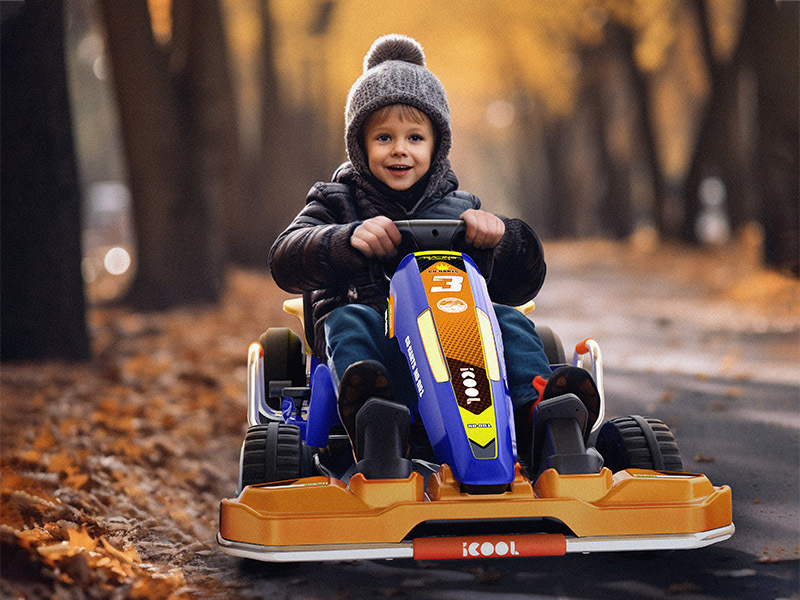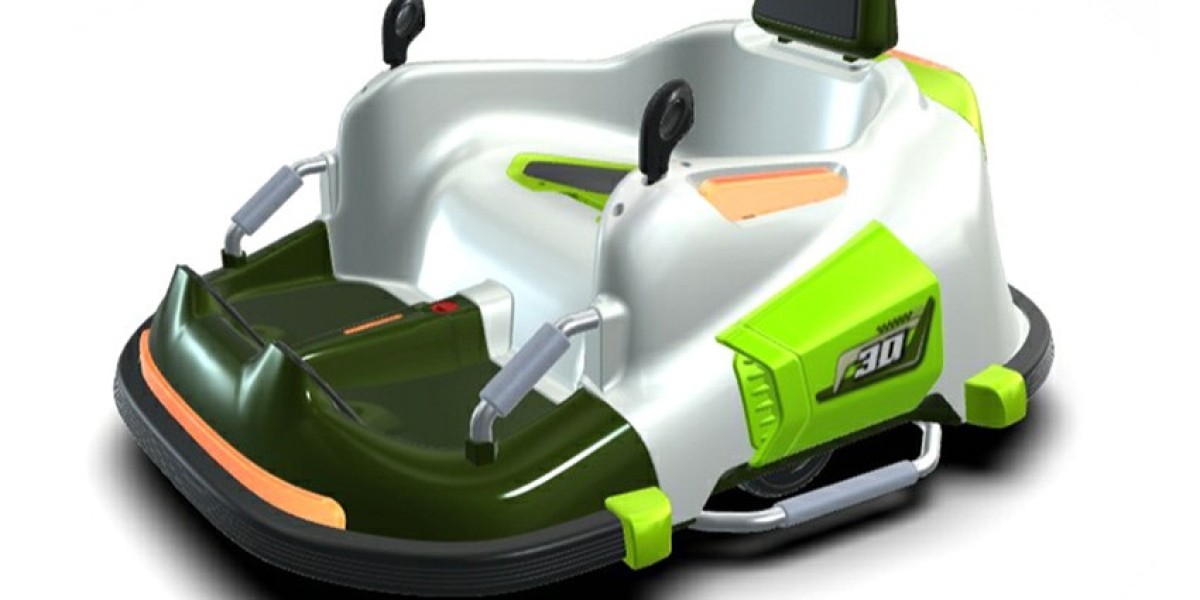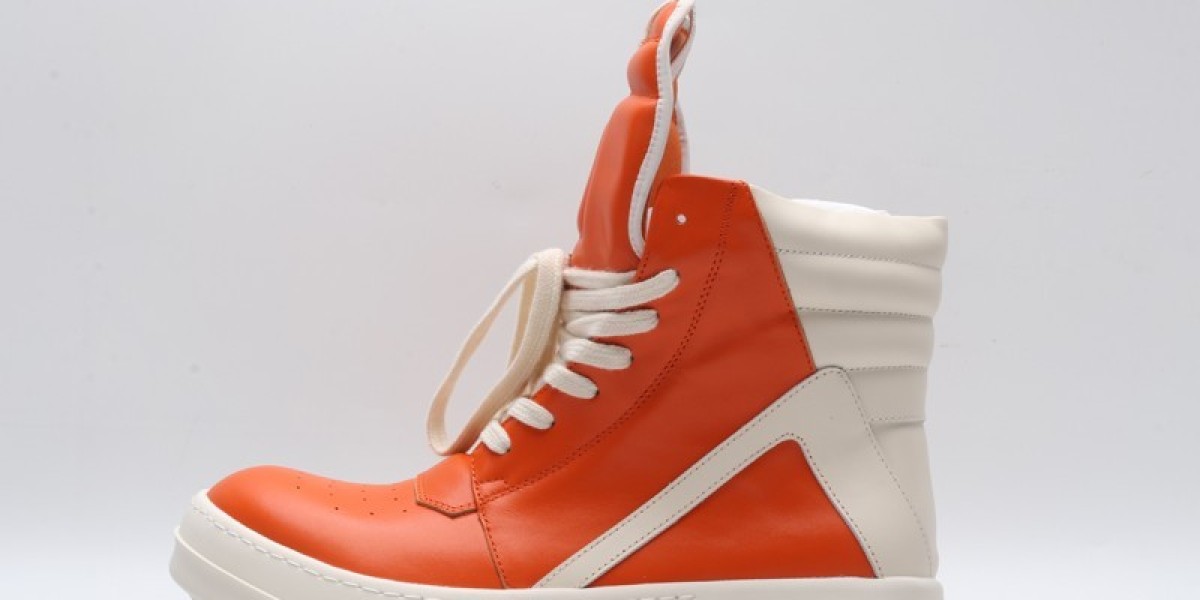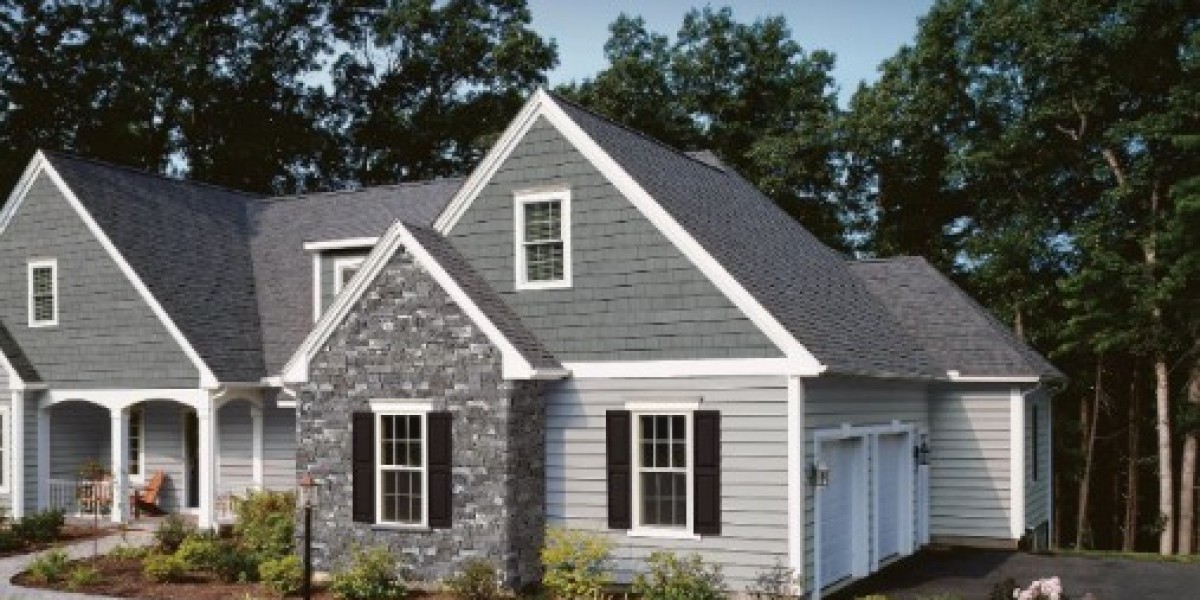In the competitive world of custom ride-on toys, exceptional products begin long before production—they start with cutting-edge design and precision mold making. Ying Hao Toys has established itself as an industry leader by mastering these critical front-end processes, transforming creative concepts into manufacturable designs through advanced engineering and tooling expertise. Their approach combines state-of-the-art technology with deep practical experience, ensuring that even the most ambitious designs can be translated into high-quality, safe, and commercially viable products. This commitment to excellence in design and mold making forms the foundation of their reputation for delivering superior custom ride-on toys.
Digital Design Revolution with CAD and CAE
Ying Hao's design process begins in the digital realm, where their engineering team utilizes advanced Computer-Aided Design (CAD) software to create detailed 3D models of every component. This digital approach allows for incredible precision and facilitates easy collaboration with clients throughout the development process. More importantly, they employ Computer-Aided Engineering (CAE) systems to simulate how designs will perform under real-world conditions. These sophisticated software tools analyze structural integrity, predict material flow during molding, identify potential stress points, and optimize wall thicknesses for both strength and material efficiency. This virtual testing environment enables them to identify and resolve potential issues before committing to physical tooling, saving both time and resources while ensuring superior final products.
Prototyping with Additive Manufacturing
Before investing in production molds, Ying Hao creates functional prototypes using advanced additive manufacturing technologies. Their rapid prototyping lab features industrial-grade 3D printers that produce parts with near-production quality, allowing for thorough evaluation of form, fit, and function. These prototypes aren't just visual models—they're working components that can be assembled into complete vehicles for testing and evaluation. This approach allows clients to see and interact with physical representations of their designs, providing valuable feedback that informs final adjustments. The prototyping phase often reveals opportunities for design enhancement that might not be apparent in digital models alone, ensuring the final product exceeds expectations.
Precision Mold Engineering and Design
The transition from design to manufacturing begins with meticulous mold engineering, an area where Ying Hao's expertise truly shines. Their mold designers create sophisticated tooling systems that account for every detail of the production process. This includes designing complex cooling channel systems that ensure even temperature distribution, developing innovative ejection systems that prevent part damage, and incorporating automatic features that reduce cycle times and improve consistency. They also design multi-cavity molds with family layouts that optimize production efficiency while maintaining individual part quality. This thoughtful approach to mold design results in tools that not only produce perfect parts but also operate with maximum efficiency throughout their lifespan.
High-Precision Mold Manufacturing
Ying Hao's mold manufacturing facility represents the intersection of technology and craftsmanship. Their workshop features CNC machining centers capable of holding tolerances within microns, ensuring that every mold component fits together with perfect precision. They utilize electrical discharge machining (EDM) for creating complex geometries and textures that would be impossible with conventional machining. For critical surfaces, they employ precision grinding and polishing techniques that achieve mirror-like finishes, directly impacting the aesthetic quality of the final product. This commitment to precision in mold making ensures that every part produced will meet exact design specifications consistently throughout production runs.
Surface Texturing and Finish Expertise
Beyond basic part formation, Ying Hao offers extensive capabilities in surface texturing and finishing—a critical aspect of product aesthetics and feel. Their texturing department can create everything from subtle leather-like grains to bold geometric patterns, all precisely applied to mold surfaces using photochemical etching and laser engraving technologies. They maintain an extensive library of texture samples and have the capability to create completely custom ride on toys to match client specifications. This attention to surface detail allows them to produce parts with sophisticated appearances that feel premium to the touch, adding significant value to the final product without increasing assembly complexity or cost.

Rapid Tooling for Design Validation
For clients needing to validate designs in the market before committing to full production tooling, Ying Hao offers rapid tooling solutions. These interim tools are designed and built with accelerated timelines, allowing for limited production runs that can be used for focus group testing, trade show demonstrations, or initial market launches. While not intended for high-volume production, these tools maintain the quality standards of full production molds, ensuring that validation units accurately represent the final product. This approach provides clients with valuable market feedback while minimizing financial risk, enabling data-driven decisions about full production commitment.
Continuous Tooling Improvement and Maintenance
Ying Hao's commitment to excellence extends throughout the life of their molds through comprehensive maintenance and improvement programs. Their tooling department monitors mold performance throughout production runs, tracking wear patterns and identifying opportunities for enhancement. They perform regular preventive maintenance that extends mold life and maintains part quality, and they have the capability to modify existing tools to accommodate design changes or improvements. This ongoing attention to their tooling assets ensures that clients receive consistent quality throughout production runs and that molds remain in optimal condition for future orders, protecting their investment in custom tooling.






